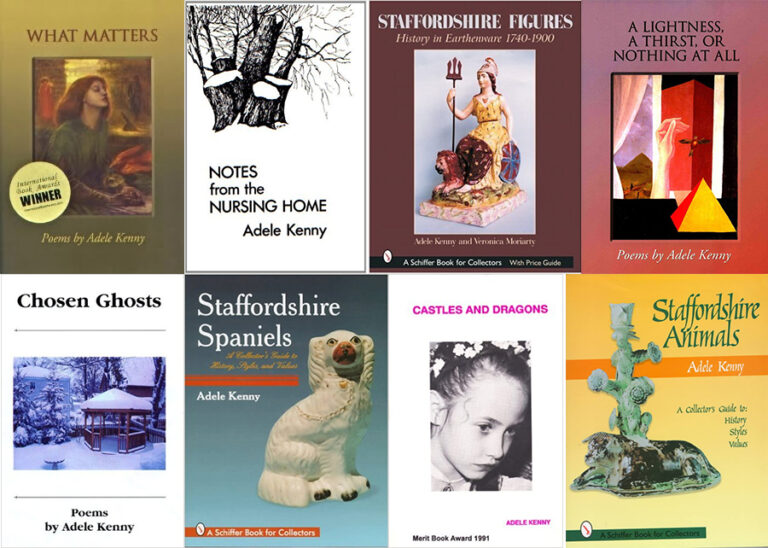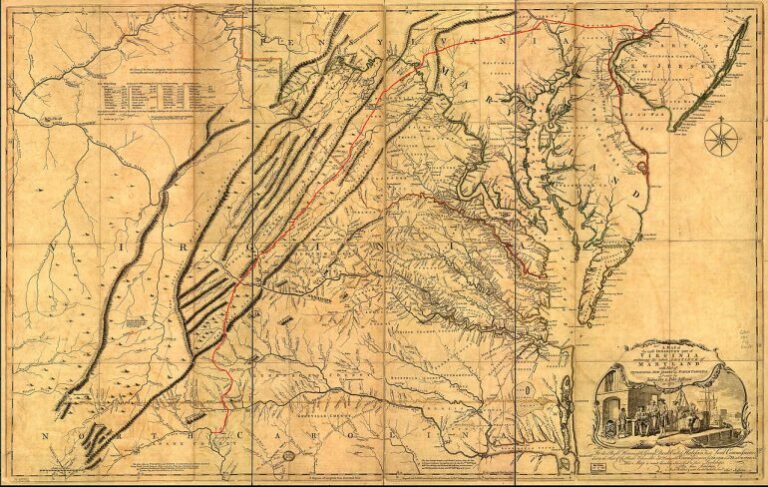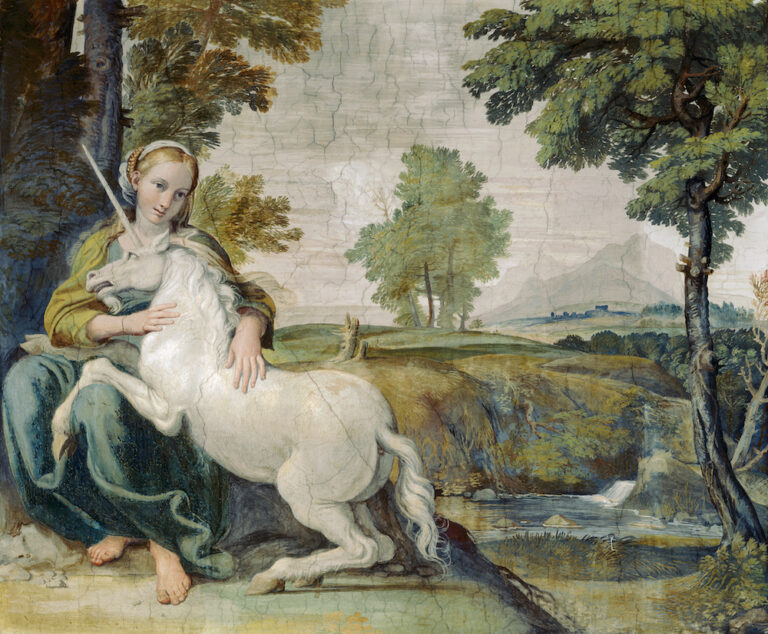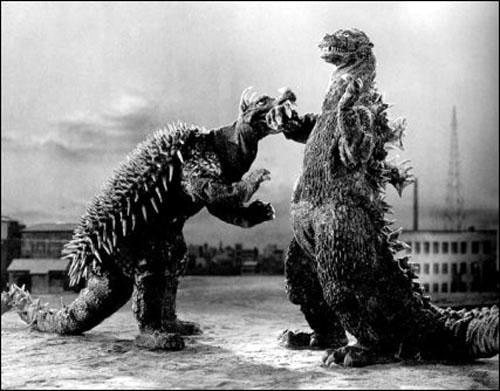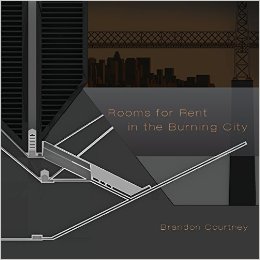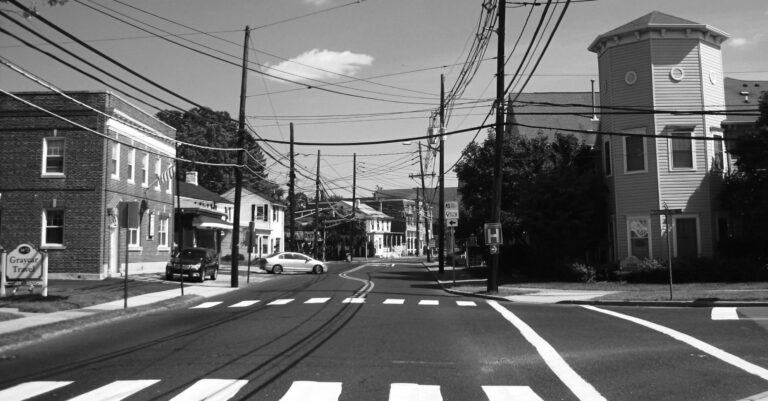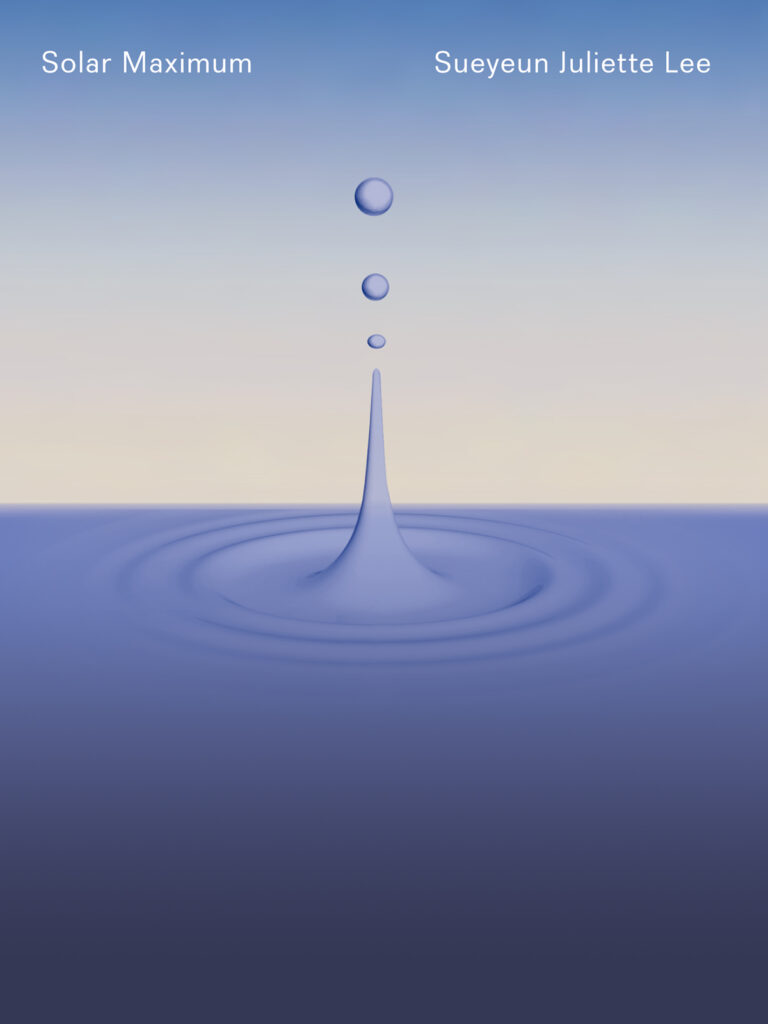“Different Paths Up the Same Mountain”: An Interview with Adele Kenny
Adele Kenny’s poems speak from the head and the heart, giving thoughtful scrutiny to the moments that move us—whether to wonder or to grief. She is the author of more than 20 books of poetry and nonfiction, including What Matters, winner of the 2012 International Book Award for Poetry, and A Lightness, A Thirst, or…
